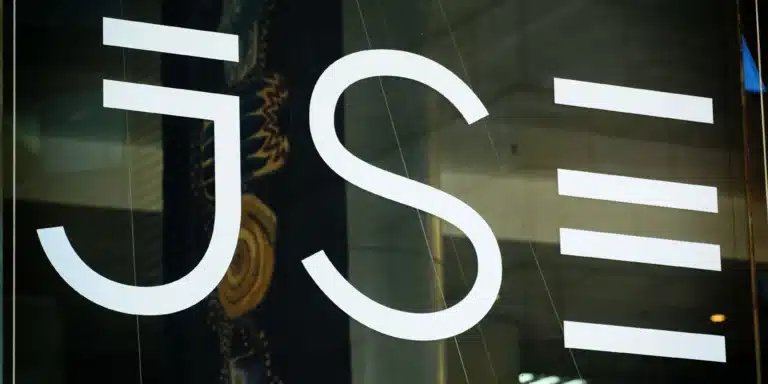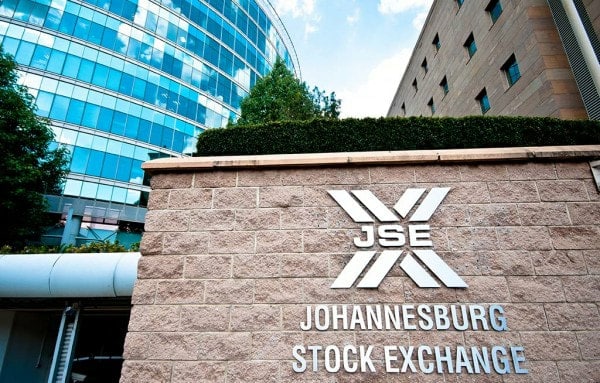The JSE: A decade of Challenges and New Horizons
What does the future hold for the JSE?
As the Johannesburg Stock Exchange (JSE) reflects on the past decade, a mixture of challenges and opportunities has come to light.
The latest commentary from key figures, including Rory Kutisker-Jacobson of Allan Gray and Dr. Leila Fourie, CEO of the JSE, highlights the complexities of investing on the exchange amid a changing political and economic landscape.

A Lost Decade?
Rory Kutisker-Jacobson recently characterised the last ten years as a “lost decade” for JSE investors, noting that the exchange has significantly underperformed compared to global counterparts. For instance, an investment of R100 in the FTSE/JSE All Share Index (ALSI) at the end of 2010 would have grown to approximately R360 today, compared to a staggering $539 for the same investment in the U.S. S&P 500.
Despite the disappointing returns, Kutisker-Jacobson pointed out that the JSE is currently home to many attractively valued companies. He argues that while the ALSI has fallen to a lower price-to-earnings ratio than the S&P 500, this could signify potential opportunities for long-term investors.
Recent Performance and Market Sentiment
The first half of 2024 has seen mixed results. The JSE’s interim financial results indicated a 4.2% growth in operating income despite a 12% decline in equity value traded. Dr. Fourie acknowledged a significant shift in sentiment, especially following the formation of the Government of National Unity (GNU). This political change has sparked renewed interest among local investors, with trading activity improving in the second quarter of 2024.
However, while local investors are cautiously optimistic, international investors remain more reserved, awaiting concrete actions from the new government.

Market Dynamics: Delistings and Listings
The JSE has faced an ongoing trend of delistings, with the number of listed companies dwindling significantly over the years. In contrast, the number of successful listings has begun to pick up, with notable companies entering the market in 2024. Four listings this year include WeBuyCars and Rainbow Chicken, reflecting a possible turnaround in investor confidence.
The exchange’s recent decision to split its main board into distinct segments aims to simplify the listing process for smaller companies. This move seeks to stimulate growth by reducing the regulatory burden, which has historically discouraged new entrants.
Looking Ahead: Opportunities Amidst Challenges
Despite the challenges, both Kutisker-Jacobson and Dr. Fourie see a silver lining. There are compelling opportunities on the JSE, particularly in companies with strong international ties. Many leading firms on the exchange derive the majority of their income from markets outside South Africa, insulating them from local economic fluctuations.
Conclusion
As the JSE navigates this period of transformation, the mix of optimism and caution among investors reflects the broader uncertainties within the South African economy. With new political dynamics, recent financial results, and a cautious but hopeful outlook, the coming years may prove pivotal for the JSE and its investors. Whether the exchange can regain its former glory or carve out a new path will depend on both market conditions and the effectiveness of the government’s strategies moving forward.
Related Posts

The Growing Trend of Returning Expats: Navigating the Tax Implications of Coming Home to South Africa
As South Africa grapples with ongoing brain drain and skill shortages in crucial sectors like healthcare and technology, an intriguing counter-trend is emerging: a number of expatriates are beginning to return home.

Transferring an Inheritance from SA to Beneficiaries Abroad
Inheriting assets from a loved one can be both a blessing and a challenge, especially when the beneficiaries are living abroad. If you find yourself in a situation where you need to transfer an inheritance from South Africa to beneficiaries overseas, it is essential to navigate the complex legal and financial aspects involved.

Non-Resident Investment in South Africa: Exchange Control, Tax implications, and Appropriate Treatment
South Africa, with its diverse economy and investment opportunities, often attracts non-residents (foreign nationals) looking to invest in the country.
